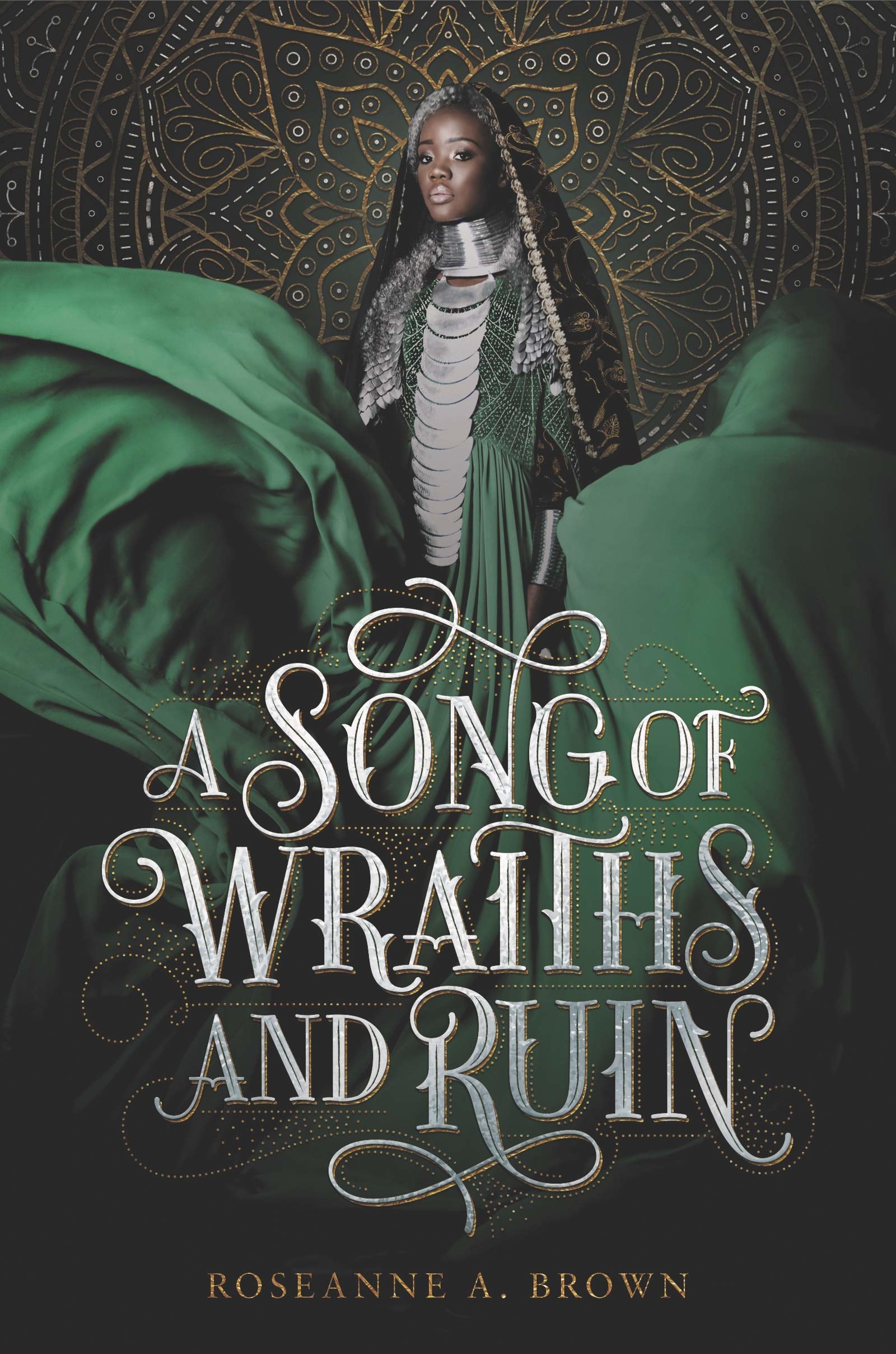
I deserve to fight for the things that make me happy.” I think romantic stories give that to us, because no matter how flawed or broken or scarred the characters are or how scary their worlds get, they get their Happily Ever After. When the world is telling you that your skin color is wrong, your sexuality is wrong, your ethnicity, your nationality, your religion or any other core part of what makes you a whole and vibrant being is wrong, there is power in saying “I deserve happiness, exactly as I am now. This goes doubly so for those of us from marginalized backgrounds. I think that in the wake of so much justified fear and uncertainty about the future, there is real power in creating and consuming work that celebrates existing with joy.

It feels like every day you’re checking your phone only to discover that another institution you thought existed to keep people safe has crumbled to bits. It’s no secret that the world is in a very scary place right now. Why do you feel romantic books with powerful and relatable characters are so popular and have such a voice right now? I’m hoping anyone who has ever been in a situation where they’ve had to choose between their own mental wellbeing and the greater good/needs of the people around them will see themselves in Malik, because I certainly do. Malik’s struggles with anxiety and destructive low self-esteem also came directly from my own life experiences. My whole life, I’ve been the person who lives inside her own head, and Malik’s character arc from someone who passively lets the world throw him around to someone who plays an active role in his own life is a lesson I’m still learning day by day. I definitely relate to Malik more than anyone else in the book.

What character do you most relate to and why? Thus, the idea for A Song of Wriaths and Ruin was born. I wanted a story that had all of the epic action, adventure, romance, magic, and backstabbing that fantasy had to offer but that featured characters and cultures more in line with the people I had grown up around. Finding fantasy books centered on Black girls was nearly impossible. Not only was that the book that pushed me to really master the English language, it also began my lifelong love affair with the fantasy genre.īut even though I loved fantasy, it did not love me back.

I struggled to pick up English for years, until one day I picked up a copy of a little known book, Harry Potter and the Sorcerer’s Stone. Brown: So a fun fact about me is that English actually isn’t my first language! When my family immigrated to the US from Ghana when I was around three years old, all I could speak was Twi, our native language. Aurora: What was your inspiration behind your most recent novel?


 0 kommentar(er)
0 kommentar(er)
